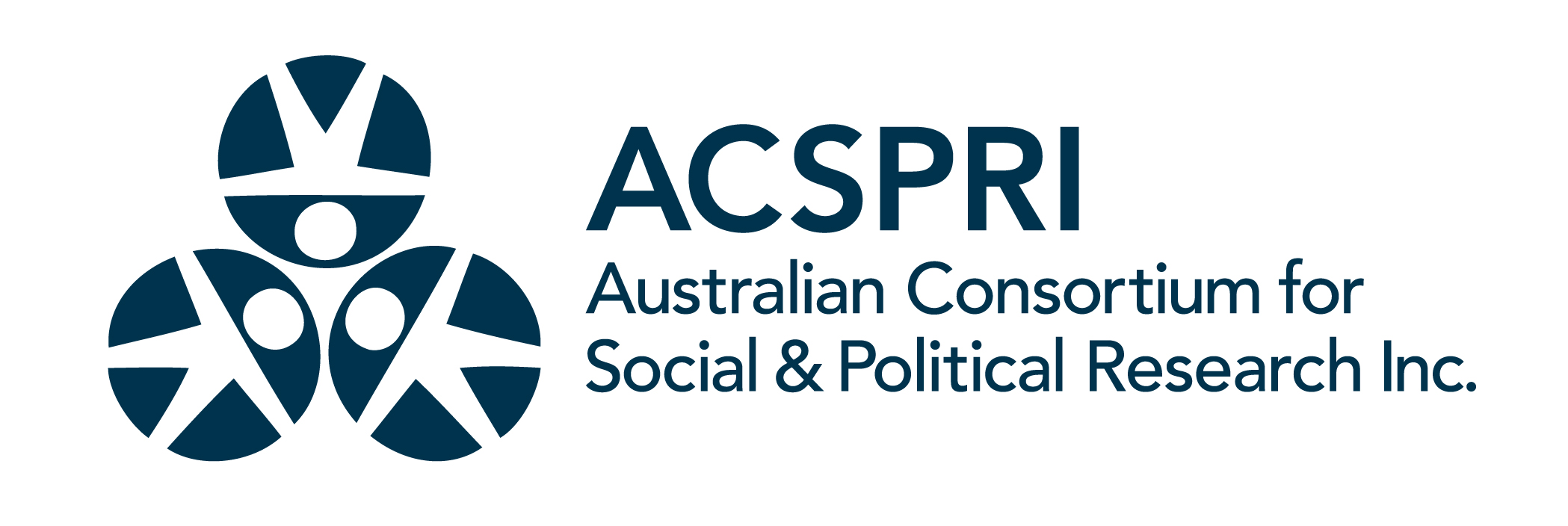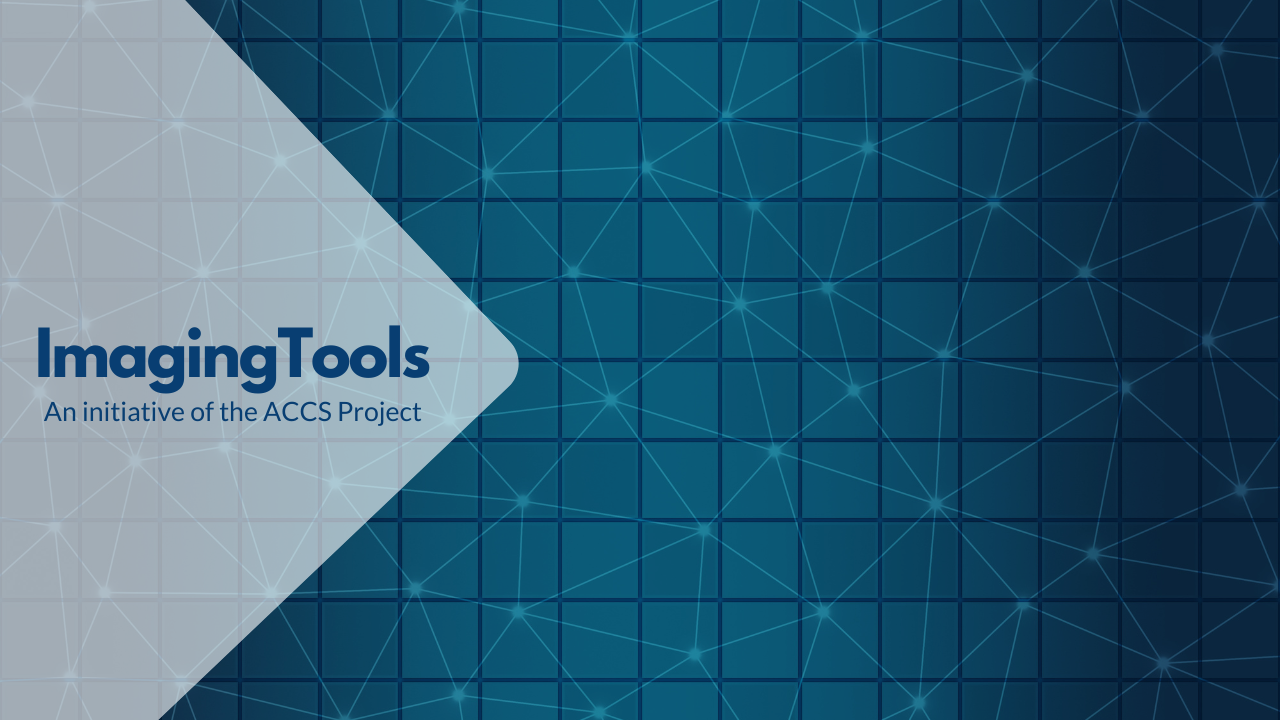Keywords: FAIR data or HASS or Planet RDC or Setonix or brain imaging or data storytelling
-

Pawsey Supercomputing Research Centre
The Pawsey Supercomputing Research Centre is 1 of 2 Tier 1 supercomputing centres in...
7 training material0 upcoming event (33 past event)Pawsey Supercomputing Research Centre http://pawsey.org.au https://dresa.org.au/content_providers/pawsey-supercomputing-research-centre The Pawsey Supercomputing Research Centre is 1 of 2 Tier 1 supercomputing centres in Australia. Pawsey prides itself on incorporating a range of best practices, features and solutions. Key features of the Centre include: - A purpose-built supercomputing building of more than 1000 m2 at Technology Park in Kensington, Western Australia; complete with scalable cooling and electrical services, to accommodate for expanding supercomputing infrastructure within the facility - A unique groundwater cooling system for removing heat from the supercomputer and dissipating this heat via an aquifer, 140 metres below the Centre, with no loss of groundwater. A photovoltaic system which has been incorporated into the building’s shaded façade, plus an extensive PV array on the roof of the building - This installation generates 140 kW of electricity onsite, which acts to offset the electrical and CO2 footprint of the Supercomputing Centre - Automated ‘intelligence’ incorporated into the building, with real-time monitoring, to facilitate efficient operation and support fine tuning of operations to reduce overall power costs /system/content_providers/images/000/000/004/original/PAW_RGB_H.png?1633498197 -

ACSPRI
The Australian Consortium for Social and Political Research Incorporated (ACSPRI) is a...
0 upcoming event (60 past event)ACSPRI https://www.acspri.org.au/ https://dresa.org.au/content_providers/acspri The Australian Consortium for Social and Political Research Incorporated (ACSPRI) is a not-for-profit organisation, broadly aimed at the promotion and enhancement of social science research and methods in Australia. Our consortium of institutional members, include universities, public sector research institutions and not-for-profits. We work to provide benefits and services to our members including: education and professional development in Social Science Research Methods and Research Technology courses. /system/content_providers/images/000/000/021/original/ACSPRI_Logo_Horizonal.jpg?1661921514 -

The Australian Characterisation Commons at Scale (ACCS) Project
ImagingTools: helping researchers find and access digital characterisation resources, including...
0 upcoming event (15 past event)The Australian Characterisation Commons at Scale (ACCS) Project https://www.imagingtools.au https://dresa.org.au/content_providers/the-australian-characterisation-commons-at-scale-accs-project ImagingTools: helping researchers find and access digital characterisation resources, including online environments, computing facilities, data, training and events. /system/content_providers/images/000/000/016/original/Minimal_Modern_Elegant_Background_Technology_Youtube_Thumbnail_%285%29.png?1671146621 -

Heurist Network
### What is Heurist? Heurist is a comprehensive, flexible data management service built...
1 training material0 upcoming event (15 past event)Heurist Network https://heuristnetwork.org https://dresa.org.au/content_providers/heurist-network ### What is Heurist? Heurist is a comprehensive, flexible data management service built specifically for the Humanities, available both as a free service, or for download to a private server (open source). Its development has been driven and informed by dozens of Humanities research projects. Heurist is a human-centered interface to a MySQL (or other SQL server) database. It operates as a hybrid relational / graph database, hiding all the complexity of SQL, tables, relational joins, relational integrity etc. behind (fairly) simple choices. It’s available on a number of non-commercial web services (free to use) and on private web servers. You can also install it on your own server if you wish. ### What we offer We offer frequent training and collquia for our users, indeed for all Humanities researchers who use digital methods and require a database. Our users are a diverse community of researchers across Australasia, Europe, Asia, Africa and the Americas. We also offer one-on-one support and ad-hoc training for projects who use our technology, or individuals who need a hand gettings started with Humanities databasing. /system/content_providers/images/000/000/018/original/h6logo_intro.png?1653544233 -

EcoCommons
A Planet RDC project, EcoCommons is building a collaborative commons that is developing...
8 training materialEcoCommons https://www.ecocommons.org.au/ https://dresa.org.au/content_providers/ecocommons A Planet RDC project, EcoCommons is building a collaborative commons that is developing ecological modelling tools. It currently provides; access to point-and-click species distribution modelling (SDM) tools, projections of how those distributions might change as the climate warms, access to a variety of spatial data grids (rasters), and API connection to records from the Atlas of Living Australia. /system/content_providers/images/000/000/034/original/ecocommons-logo.png?1711521620 -

Open Ecoacoustics
A Planet RDC project, the vision of Open Ecoacoustics is to enable open science and conservation...
6 training materialOpen Ecoacoustics https://openecoacoustics.org/ https://dresa.org.au/content_providers/open-ecoacoustics A Planet RDC project, the vision of Open Ecoacoustics is to enable open science and conservation through the development and promotion of open access ecoacoustics technologies, methodologies and standards. We provide a dedicated ecoacoustics platform that is open to everyone, so that it can aggregate and share data, analyses and tools, and interoperate with downstream services. We support FAIR data by developing standardised metadata and third party analyses by moving to flexible workflow technologies (PBS, docker). We accelerate data analysis by publishing a shared repository of annotated datasets and recognisers. We interface to other systems, including TERN, ALA, EcoCommons and citizen science sites, through services and shared tools. /system/content_providers/images/000/000/035/original/Open_Ecoacoustics_logo.png?1712032933 -

Biosecurity Commons
A Planet RDC project, Biosecurity Commons delivers a cloud-based decision-support platform for...
2 training materialBiosecurity Commons https://www.biosecuritycommons.org.au/ https://dresa.org.au/content_providers/biosecurity-commons A Planet RDC project, Biosecurity Commons delivers a cloud-based decision-support platform for modelling and analysing biosecurity risk and response. Biosecurity Commons will empower researchers and decision-makers to produce consistent and transparent results without requiring coding experience or high-end IT equipment. The platform will offer users everything they need to collaboratively solve common biosecurity problems with an intuitive point-and-click web interface that provides trusted datasets, repeatable scientific workflows, a secure workspace and cloud storage. /system/content_providers/images/000/000/036/original/biosecurity-logo.png?1712045188 -

Trove Data Guide
The Trove Data Guide explores the different types of data available from Trove – what it is, how...
5 training materialTrove Data Guide https://tdg.glam-workbench.net/home.html https://dresa.org.au/content_providers/trove-data-guide The Trove Data Guide explores the different types of data available from Trove – what it is, how you can access it, and what you can do with it. It aims to give researchers a critical understanding of Trove data, both its limits and its possibilities. /system/content_providers/images/000/000/039/original/trove-words-1685171984-1000-1000.jpg?1720419415